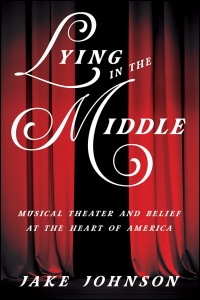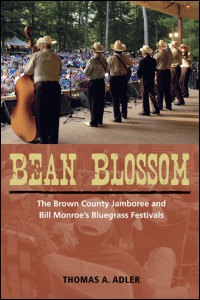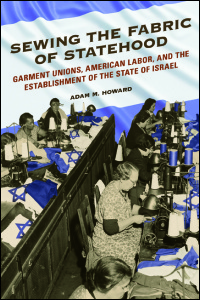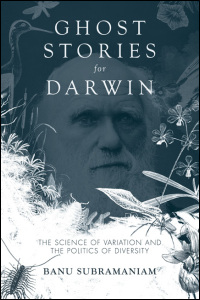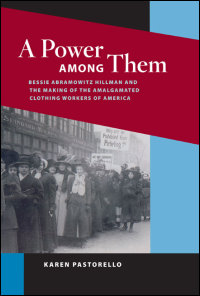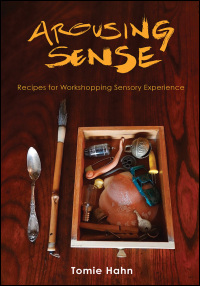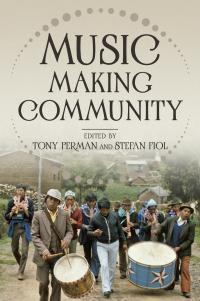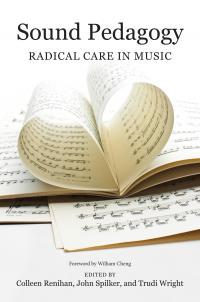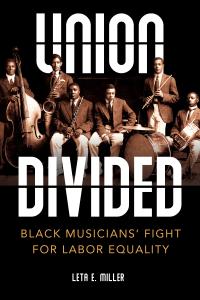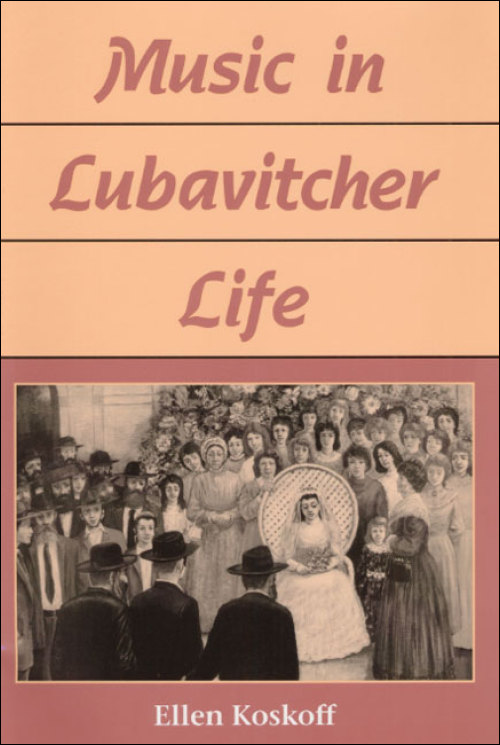
Music in Lubavitcher Life
About the Book
Drawing on twenty years of close study, Ellen Koskoff illuminates the world of the Lubavitcher Hasidim, a community of ultra-orthodox Jews centered in the Crown Heights section of Brooklyn, New York. Her classic ethnography offers an unprecedented look at nigunim, a body of paraliturgical, folk, and popular melodies that Lubavitchers regard as a primary form of spiritual communication with the divine.Along with vivid descriptions of musical performance in religious contexts and private gatherings, Koskoff details the musical sounds and structures that symbolize Lubavitcher social relations. In particular, she examines the differences between Lubavitcher women's and men's music making and the underlying beliefs and assumptions that give rise to gendered musical behaviors, such as the dictum that prohibits men from hearing a woman sing.
Insightful and distinctive, Music in Lubavitcher Life combines anecdotes with history and musical analysis to reveal music making among the Lubavitchers as a gateway to their ideas about the nature of human spirituality, human social interaction, and God.
* Publication of this book was supported by a grant from the Society for American Music
About the Author
Ellen Koskoff is a professor of ethnomusicology at the University of Rochester's Eastman School of Music, director of ethnomusicology programs, and general editor of the Eastman/Rochester Studies in Ethnomusicology series. She is the editor of Music Cultures in the United States and author of A Feminist Ethnomusicology: Writings on Music and Gender.Also by this author
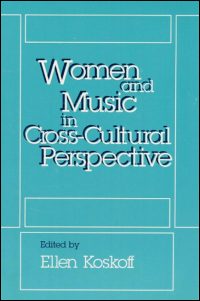
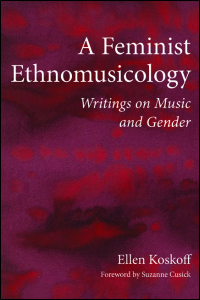
Reviews
"Now for the first time we have a seriously scholarly monograph about the role of music in the life of a Hassidic community. . . . [Koskoff's] fieldwork became a context for both other- and self-understanding. . . . Koskoff relates all this through an engaging combination of descriptive vignettes, historical background, and systematic analysis."--Joshua Jacobson, SHOFAR"It is rare that we read products of such extended reflection about an encounter that is effectively cross-cultural."--Women and Music
"A sensitive and revealing ethnography of musical practice, and a reminder of the importance of expressive culture in the constitution of sacred and secular contexts of everyday cultural practices."--Thomas Porcello, American Anthropologist
"Innovatively connect[s] prayer and performance with broader social dynamics, examining musical sound in several dimensions and problematizing its relationship to social structure. . . . What remains when all is said and done [is a] distinctive [piece] of Jewish music scholarship, skillfully grounded in ethnographic theory and rich with vibrant ethnographic material."--Ethnomusicology
